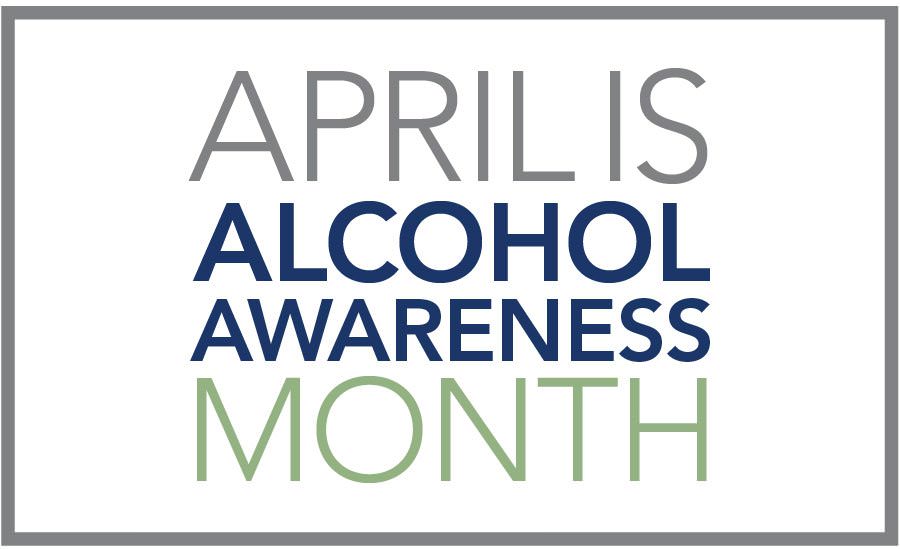Are you alcohol aware?
The National Institute on Health has designated April as Alcohol Awareness Month. Drinking alcohol can be a health risk for anyone. Let’s review what alcohol is and how it affects our body.
Alcohol is both a drug and a socially accepted beverage. As a drug, it is a depressant that it slows down vital functions. Most people drink for the stimulant effect, to join in, or “loosen up.” But if you consume more than your body can handle, you will experience alcohol’s depressant effect, resulting in a loss of coordination and control.
Too much alcohol produces severe effects: an increased pain tolerance, then toxicity; where the body vomits the poison, and eventually; unconsciousness, coma and death from severe toxicity.
What is unhealthy drinking? For healthy adults the NIH Council on Alcoholism states that risky drinking for men is 4 drinks of any kind in a 24-hour period and over 14 drinks in a seven day period. The quantities for women are lower, consuming more than 3 drinks of any kind in 24 hours or more than 7 alcoholic drinks in a seven day period, poses a health risk for women. These are statistics for low-risk drinking, but low-risk is not no risk.
Even within these limits, alcohol can cause problems. It is safest to avoid alcohol all together if you are: taking medications that interact with alcohol or managing medical conditions that can be aggravated by alcohol, planning to drive or operate machinery, pregnant or planning to get pregnant, or over 65 or under the age for legal drinking.
Different people react differently to alcohol. The following factors increase your body’s response to alcohol:
*How much and how often you drink, alcohol actually disrupts and shrinks brain tissue.
*Your genetic background or a family history of alcoholism.
*Your physical health, especially liver, heart or nutritional problems.
Think about your drinking habits and learn the facts. The National Institutes of Health offers information online. A free download is available called “Rethinking Drinking”. If you have questions or think you have a drinking problem, talk with a staff person or me. Together we can become alcohol aware.
Pat Woerheide, RN


